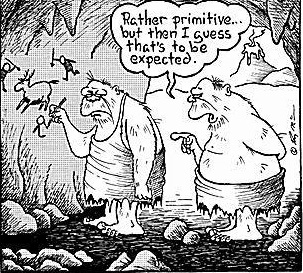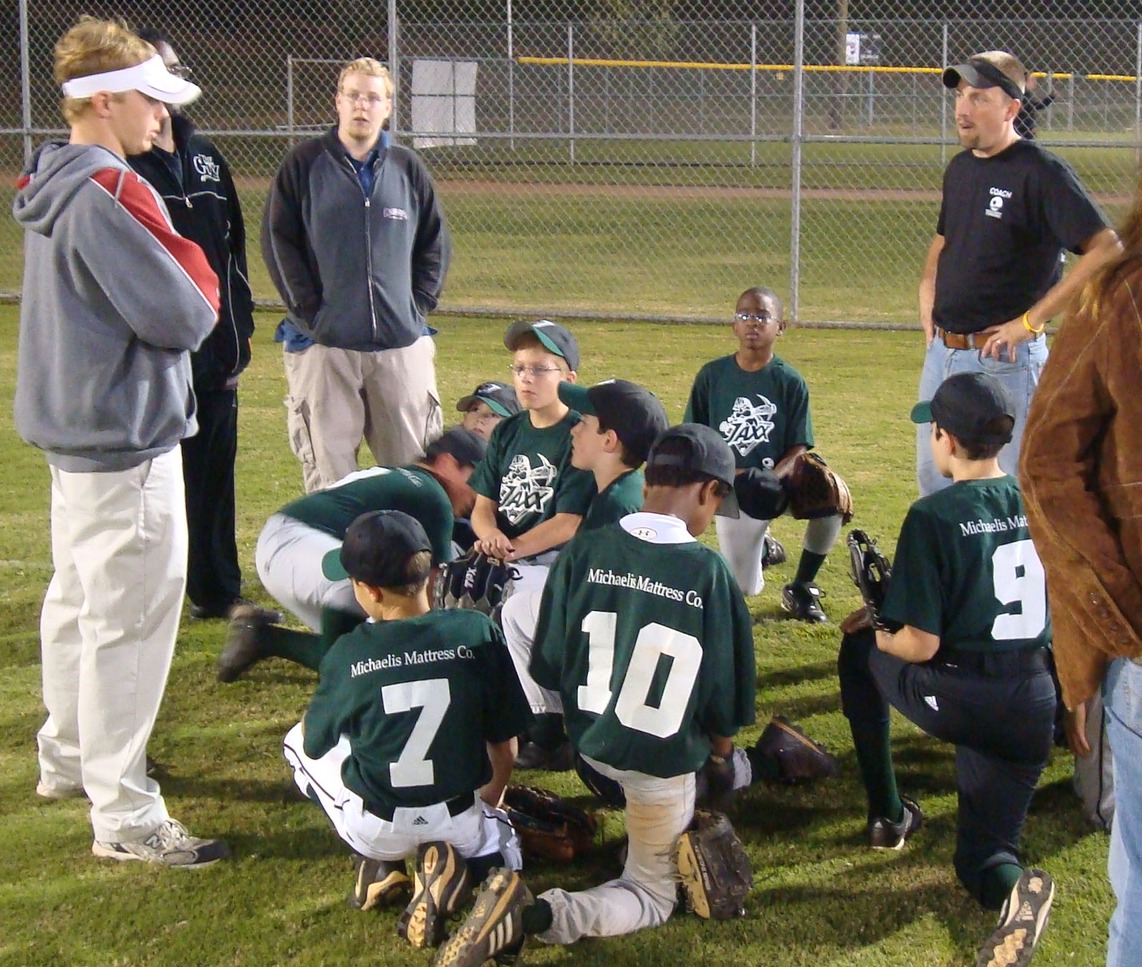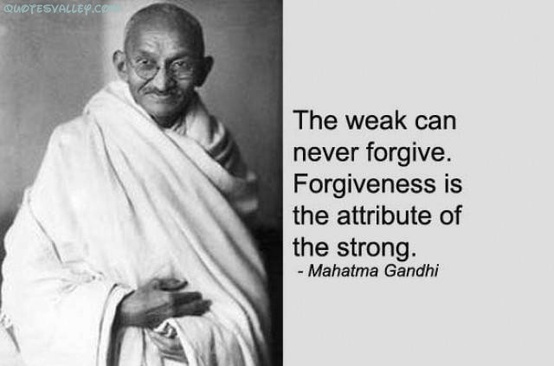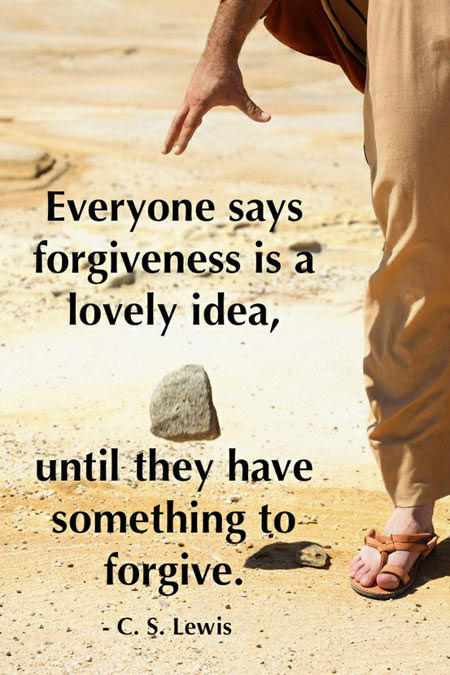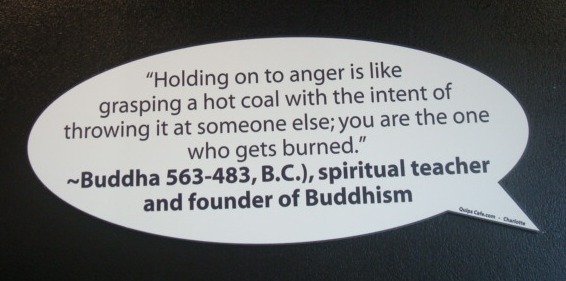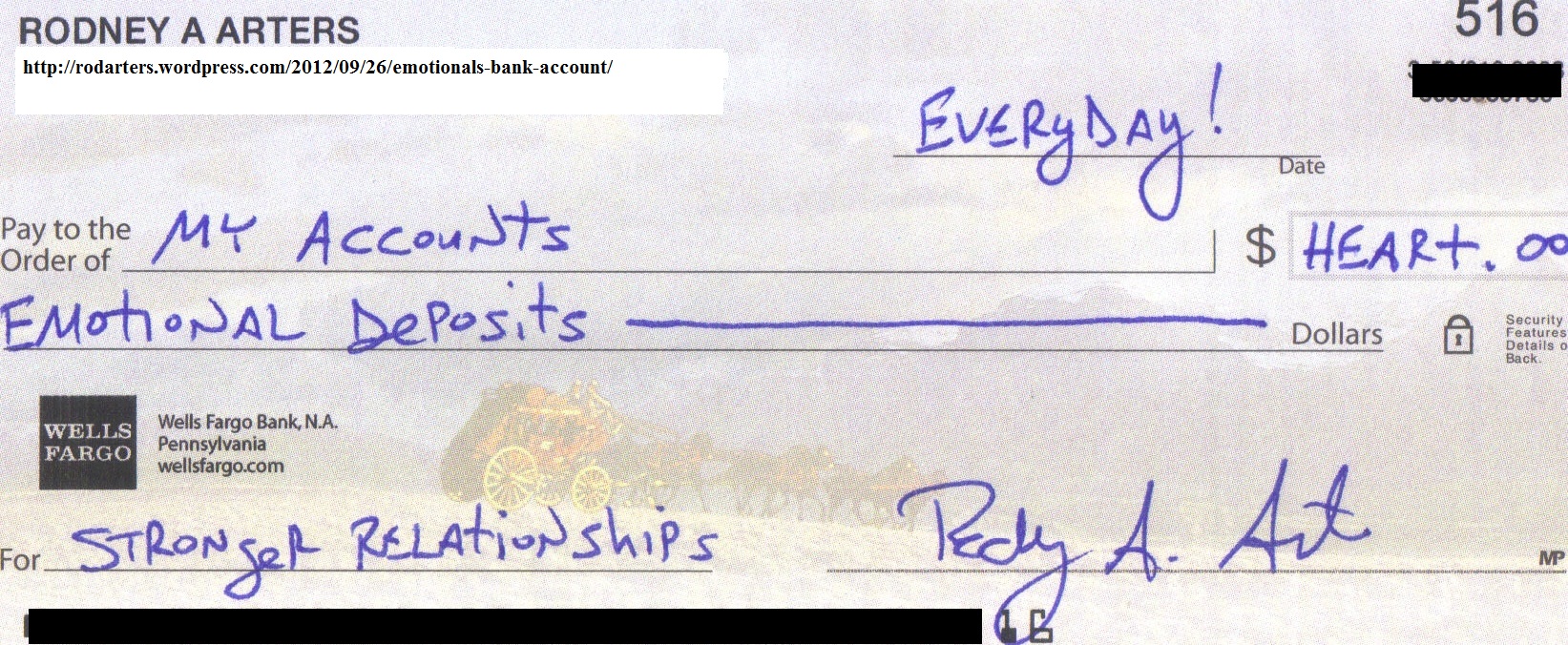 I received a phone call this week from a distraught friend, sobbing in-between sentences. Within seconds, the source of her tears became obvious. Her boyfriend of over 2 years had ended their relationship rather abruptly. She is now regrettably single again, hurting from a broken heart.
I received a phone call this week from a distraught friend, sobbing in-between sentences. Within seconds, the source of her tears became obvious. Her boyfriend of over 2 years had ended their relationship rather abruptly. She is now regrettably single again, hurting from a broken heart.
I have received the same phone call every week for the last 20 years. Though the voice is different every time, the conversation is pretty much the same. Guys and girls dealing with the emotional devastation of a broken relationship. As they share the details of their particular situation, I am always reminded of a conversation I had with a professor from college. If memory serves me right, I was the one on the other end of the phone and his counsel to me was providing insight and ointment to my hurting heart. Love had been lost and I was trying to make sense of the pain. During the course of our conversation, he shared an illustration that has stayed with me for over 20 years. It made sense to me since it painted a picture of my pain and allowed me to understand more clearly why I felt the way I did. I have shared the illustration liberally for the last two decades. This week I shared it again with my latest hurting friend. Today, I thought it worth sharing with my readers.
With every person we have a relationship with, we have an accompanying emotional bank account with their name on it. For example, when we are conceived, an account is open with our parents. From the first kick in the womb, both child and parent begin mutual investments in each other’s accounts. Over the years, the account grows. Parents obviously make the bigger investment, depositing countless emotional dollars into their children’s account. Children, by nature, take constant withdrawals. The reason they can make so many withdrawals is because they have access to an emotional ATM machine with seemingly endless emotional cash on hand. Parents tend to love like that.
Likewise, we have an account open with our siblings. We also have one open with our employer, co-workers, spouses, boyfriends, girlfriends, friends, neighbors and dozens of acquaintances. When the relationship begins, the account is officially opened. From that point on, deposits and withdrawals are made as the relationship progresses. Some invest more than others. Naturally, we invest more into our loved one’s account than we do in our neighbor’s. Others take more withdrawals. As long as there is money in the account, the account stays open. In the case of a break-up or divorce there are too many withdrawals, not enough deposits and in the end, the account has been overdrawn too many times to count. The account inevitably closes. One or both ends up emotionally bankrupt.
Like a real checking account, deposits make the account stronger and withdrawals make the account weaker. In a normal, healthy account both parties make more deposits than withdrawals. In an unhealthy account, one or both parties make more withdrawals than deposits. As long as there are more deposits than withdrawals, the account stays open.
Emotional deposits can occur intentionally and unintentionally. They happen on both a conscious and unconscious level. They also can occur visibly and invisibly. Deposits can occur when you spend time with that person or when you are absent from them. They can occur while you are talking to them and they can occur in the privacy of your thoughts. They grow through various mediums; thoughts, text messages, emails, letters, words, prayer, gift giving, acts of service, affection, quality time, humor, flowers, chocolates, cards, etc. Deposits can be unlimited. In other words, you can deposit all you want without making any withdrawals.
Emotional withdrawals: Withdrawals are normal occurences in any checking account and they often occur daily. Like deposits, they also can occur intentionally and unintentionally, consciously and unconsciously, visibly and invisibly. Unlike deposits, withdrawals are not unlimited. There are only so many you can make without making a deposit. Too many withdrawals without enough deposits and you could find yourself with an empty account. Withdrawals come in all shapes and sizes; lies, lack of quality time, infidelity, neglect, mean words, insensitivity, broken promises, abuse, thoughtlessness, lack of affection, etc.
Overdrawn accounts: As mentioned earlier, an emotional bank account is overdrawn when the withdrawals surpass the deposits. What’s really important is not the size of the withdrawal as much as the size of the account prior to the withdrawal. If there is enough emotional money in the account to cover the withdrawal, the relationship stays intact. It may not be strong – but it’s still open. When the withdrawal exceeds the account balance, the account is overdrawn and the relationship is in serious trouble. Massive deposits need to be made quickly or the account will be frozen or closed.
When it comes to emotional banking, how strong are your current accounts? Do you find you make consistent deposits into the accounts of the people closest to you? Or do you just take withdrawals? Do you look for ways to strengthen each account entrusted to you or do you find yourself writing emotional checks you hope won’t bounce? When it comes to emotional banking, you are either making deposits or you are taking withdrawals. There is no stationary banking.
Most of what I know about emotional bank accounts, I learned the hard way. I spent the majority of my adult life accepting deposits into mine without reciprocation. Others deposited into my account while I mainly took withdrawals. Don’t get me wrong, I did make some emotional deposits, they were just not significant enough to handle some of the withdrawals I was consistently taking. Though I poured my life into dozens of people and had countless accounts open at different times, very few of them had emotional deposits in them. I cared about each account but I did not know how to make an emotional deposit similar in size to the ones deposited into my account. I gave my accounts time, money, attention, affection, thoughts, gifts, etc. On the outside, the relationships looked normal – even healthy. What was missing, however, was emotion. My emotion. What I reserved from the deposit was my heart. Frankly, it was safer that way.
One day, I woke up to the realization that the people I loved the most were actually the furthest from me. Though they had made me rich, without realizing it I emotionally bankrupted them. I had gotten so used to writing bad emotional checks that I did not see the account had even closed. Looking back, the trouble had been brewing for a while. Apparently, the checks had been bouncing for years and I had been living on credit. Credit, it turns out, is not endless. Eventually real money needs to be given, even when that currency is emotional.
As I have befriended and counseled people over the years, I realize I am not alone. It seems like many men (particularly) struggle knowing how to invest emotionally. We don’t know how to give that elusive thing called our heart. It’s not that we don’t have one, though I do understand those who think we don’t. The issue is that we don’t really know how to access our heart. From our earliest memory, our culture tells boys to ignore our emotions, stuff them, repress them, etc. Sometimes parents and coaches reinforce that message to the male population. It is certainly the model that we see in Hollywood. Action heroes make relatively few emotional investments on-screen. Whereas women are allowed to wear their heart on their sleeve, men are taught to deny it’s even under their shirt. And yet, men still have to function in their relationships. We can’t be completely disengaged emotionally. So, we learn to live with only a portion of our heart in action. The rest of it is locked under guard. Even around other men, it rarely is exposed. Most men would rather jump on a landmine then share what’s really going on under the chest plate of armor. The exploding shrapnel seems easier to handle.
The Apostle Paul understood emotional bank accounts. He also understood the need for a one’s heart to be engaged in relationships. The man who formerly oversaw the execution of innocent Christians had his hard heart-broken. It wasn’t smashed with a hammer. It wasn’t crushed with rock. It was changed by his encounter with the King of Hearts. In fact, so changed was Paul’s heart and life by this encounter, that he penned the following words about the importance of love in relationships;
“If I speak with human eloquence and angelic ecstasy but don’t love, I’m nothing but the creaking of a rusty gate. If I speak God’s Word with power, revealing all His mysteries and making everything plain as day, and if I have faith that says to a mountain, “Jump,” and it jumps, but I don’t love, I am nothing. If I give everything I own to the poor and even go to the stake to be burned as a martyr, but I don’t love, I’ve gotten nowhere. So, no matter what I say, what I believe, and what I do, I’m bankrupt without love.” (I Corinthians 13:1-4)
We can make lots of money, receive high awards, even accomplish some amazing things – but without an engaged heart and emotional investments in our relationships – we are nothing.
Come on, men. Let’s figure out a way to get access to your heart. Your spouses are yearning for it. Your children desperately need it. Our culture is craving for some male examples in this area. And most importantly, your own heart needs to feel the joy and pain of a beating heart, invested emotionally with those he leads and loves.
For the record, I’m not there yet. I’m not even pretending I’m close to where I need to be. But, I’m trying. Daily, I try to face my emotional fears and do my best to move the ball forward. And when I think of my past failures, present struggles and hopeful future victories, I think of John Newton, the former slave trader and writer of the classic hymn, “Amazing Grace.” He wrote,
“I am not what I ought to be, not what I want to be, not what I hope to be. But still, I am not what I used to be. And by the grace of God, I am what I am.”
That gives me hope. Anyone want to sit down with some Kleenex and talk about our feelings over a cup of coffee?
Yea, me neither. There’s a landmine I have to jump on right now.
For an outstanding woman’s perspective on this topic, click here.

 Unless you’re a parent. There is something beautiful about watching your child sleep. Interestingly, tonight, soon after Andrew fell asleep, I snapped this picture. “Awww” is the appropriate response.
Unless you’re a parent. There is something beautiful about watching your child sleep. Interestingly, tonight, soon after Andrew fell asleep, I snapped this picture. “Awww” is the appropriate response.